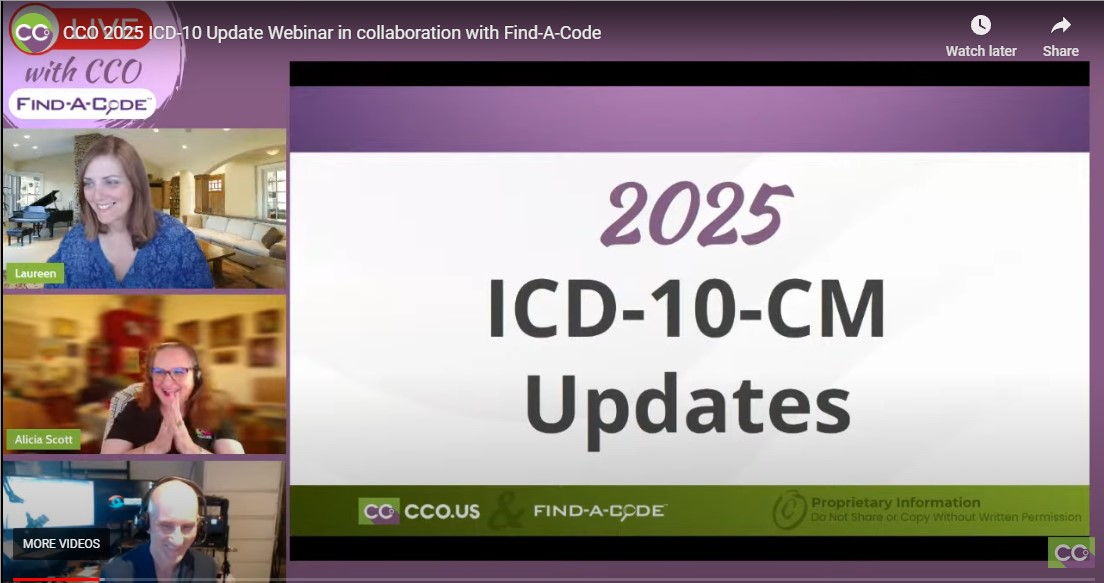ICD-9-CM (ICD-9, ICD9, ICD9CM) Diagnosis Codes - Group 05
- 050.0 hemorrhagic pustular smallpox ICD-9 Code
- 050.1 alastrim ICD-9 Code
- 050.2 modified smallpox ICD-9 Code
- 050.9 smallpox unspecified ICD-9 Code
- 051.0 cowpox ICD-9 Code
- 051.01 Cowpox ICD-9 Code
- 051.02 Vaccinia not from vaccination ICD-9 Code
- 051.1 milkers node ICD-9 Code
- 051.2 contagious pustular dermatitis ICD-9 Code
- 051.9 paravaccinia unspecified ICD-9 Code
- 052.0 postchickenpox encephalitis ICD-9 Code
- 052.1 varicella hemorrhagic pneumonitis ICD-9 Code
- 052.2 postvaricella myelitis ICD-9 Code
- 052.7 chickenpox complications ICD-9 Code
- 052.8 chickenpox unspecified complication ICD-9 Code
- 052.9 chickenpox nos ICD-9 Code
- 053.0 herpes zoster meningitis ICD-9 Code
- 053.10 herpes zoster unspecified nervous system complication ICD-9 Code
- 053.11 geniculate herpes zoster ICD-9 Code
- 053.12 postherpetic trigeminal neuralgia ICD-9 Code
- 053.13 postherpetic polyneuropathy ICD-9 Code
- 053.14 herpes zoster myelitis ICD-9 Code
- 053.19 herpes zoster nervous system complications ICD-9 Code
- 053.20 herpes zoster dermatitis eyelid ICD-9 Code
- 053.21 herpes zoster keratoconjunctivitis ICD-9 Code
- 053.22 herpes zoster iridocyclitis ICD-9 Code
- 053.29 herpes zoster ophthalmic complications ICD-9 Code
- 053.71 otitis externa herpes zoster ICD-9 Code
- 053.79 herpes zoster complications ICD-9 Code
- 053.8 herpes zoster unspecified complication ICD-9 Code
- 053.9 herpes zoster nos ICD-9 Code
- 054.0 eczema herpeticum ICD-9 Code
- 054.10 genital herpes unspecified ICD-9 Code
- 054.11 herpetic vulvovaginitis ICD-9 Code
- 054.12 herpetic ulceration vulva ICD-9 Code
- 054.13 herpetic infection penis ICD-9 Code
- 054.19 genital herpes ICD-9 Code
- 054.2 herpetic gingivostomatitis ICD-9 Code
- 054.3 herpes encephalitis ICD-9 Code
- 054.40 herpes simplex unspecified ophthalmic complication ICD-9 Code
- 054.41 herpes simplex dermatitis eyelid ICD-9 Code
- 054.42 herpes simplex dendritic keratitis ICD-9 Code
- 054.43 herpes simplex disciform keratitis ICD-9 Code
- 054.44 herpes simplex iridocyclitis ICD-9 Code
- 054.49 herpes simplex unspecified opthalmic complication ICD-9 Code
- 054.5 herpetic septicemia ICD-9 Code
- 054.6 herpetic felon ICD-9 Code
- 054.71 visceral herpes simplex ICD-9 Code
- 054.72 herpes simplex meningitis ICD-9 Code
- 054.73 herpes simplex otitis externa ICD-9 Code
- 054.74 herpes simplex myelitis ICD-9 Code
- 054.79 herpes simplex complications ICD-9 Code
- 054.8 herpes simplex unspecified complication ICD-9 Code
- 054.9 herpes simplex mention complication ICD-9 Code
- 055.0 postmeasles encephalitis ICD-9 Code
- 055.1 postmeasles pneumonia ICD-9 Code
- 055.2 postmeasles otitis media ICD-9 Code
- 055.71 measles keratitis ICD-9 Code
- 055.79 measles complications ICD-9 Code
- 055.8 measles unspecified complication ICD-9 Code
- 055.9 measles mention complication ICD-9 Code
- 056.00 rubella unspecified neurological complication ICD-9 Code
- 056.01 encephalitis rubella ICD-9 Code
- 056.09 rubella neurological complications ICD-9 Code
- 056.71 arthritis rubella ICD-9 Code
- 056.79 rubella complications ICD-9 Code
- 056.8 rubella unspecified complications ICD-9 Code
- 056.9 rubella mention complication ICD-9 Code
- 057.0 erythema infectiosum fifth disease ICD-9 Code
- 057.8 dukes filatow disease ICD-9 Code
- 057.9 viral exanthem unspecified ICD-9 Code
- 058.10 Roseola infantum, unspecified, Exanthema subitum [sixth disease], - ICD-9 Code
- 058.11 Roseola infantum due to human herpesvirus 6, - ICD-9 Code
- 058.12 Roseola infantum due to human herpesvirus 7, - ICD-9 Code
- 058.21 Human herpesvirus 6 encephalitis ICD-9 Code
- 058.29 Other human herpesvirus encephalitis, Human herpesvirus 7 - ICD-9 Code
- 058.81 Human herpesvirus 6 infection ICD-9 Code
- 058.82 Human herpesvirus 7 infection ICD-9 Code
- 058.89 Other human herpesvirus infection, Human herpesvirus 8 - ICD-9 Code
- 059.00 Orthopoxvirus infection, unspecified ICD-9 Code
- 059.01 Monkeypox ICD-9 Code
- 059.09 Other orthopoxvirus infection ICD-9 Code
- 059.10 Parapoxvirus infection, unspecified ICD-9 Code
- 059.11 Bovine stomatitis ICD-9 Code
- 059.12 Sealpox ICD-9 Code
- 059.19 Other parapoxvirus infections ICD-9 Code
- 059.20 Yatapoxvirus infection, unspecified ICD-9 Code
- 059.21 Tanapox ICD-9 Code
- 059.22 Yaba monkey tumor virus ICD-9 Code
- 059.8 Other poxvirus infections ICD-9 Code
- 059.9 Poxvirus infections, unspecified ICD-9 Code
Back to ICD-9-CM Diagnosis Codes Groups List
What is ICD-9?
The International Statistical Classification of Diseases and Related Health Problems (commonly known as the ICD) provides alpha-numeric codes to classify diseases and a wide variety of signs, symptoms, abnormal findings, complaints, social circumstances and external causes of injury or disease. Nearly every health condition can be assigned to a unique category and given a code, up to six characters long. Such categories usually include a set of similar diseases.The International Classification of Diseases is published by the World Health Organization (WHO). The ICD is used world-wide for morbidity and mortality statistics, reimbursement systems (insurance, Medicare, etc.) and automated decision support in medicine. This system is designed to promote international comparability in the collection, processing, classification, and presentation of medical statistics.
ICD has become the most widely used statistical classification system in the world. U.S. hospitals and other healthcare facilities record healthcare data by referring and adhering to a classification system published by the U.S. Department of Health and Human Services: International Classification of Diseases, 9th Revision, Clinical Modification (ICD-9-CM). The Clinical Modification or CM system was developed and implemented to better describe the clinical picture of the patient. The CM codes are more precise than those needed only for statistical groupings and trend analysis. The procedure component of ICD-9-CM is completely consistent with ICD-9 codes.
Note that ICD-9 was adopted in 1999 for reporting mortality, but ICD-9-CM remains the data standard for reporting morbidity. Revisions of the ICD-9 have progressed to incorporate both clinical code (ICD-9-CM) and procedure code (ICD-9-PCS) with the revisions completed in 2003. However, ICD-9 has not been phased out by the new revision.
Thank you for choosing Find-A-Code, please Sign In to remove ads.


 Quick, Current, Complete - www.findacode.com
Quick, Current, Complete - www.findacode.com